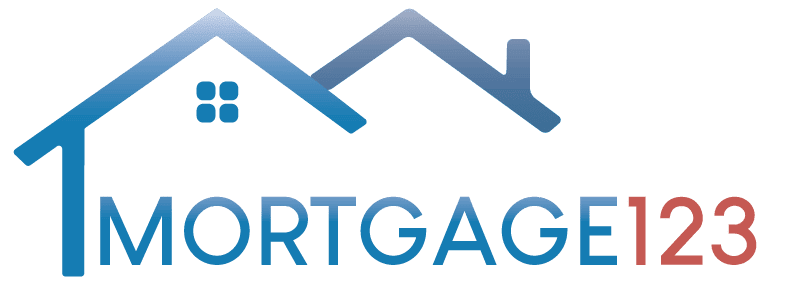
Switch & Save
Switch and save on your existing mortgage and protect against rising interest rates!
Find a better deal...
If you took out a mortgage some time ago, it may be likely that you can switch (remortgage) to a much better rate without incurring any costs. You can potentially save thousands over the remainder of your term. Switching is relatively easy and in some cases, free. Many lenders are willing to contribute up to €2,000 toward the cost of switching.
When can you switch?
- If you are paying more than 3.5% on your mortgage.
- If you need to borrow extra money for an extension, moving house, etc.
- If you want to change the conditions on your mortgage, such as mortgage term.
- If you have been able to meet your mortgage repayments.
- If the property is not in negative equity, i.e. more than 80% loan to value.

Switch & Save Calculator
This calculator illustrates how changes in the mortgage term and interest rate may affect the repayments.
The results are estimates only and may differ as financial institutions may calculate interest rates slightly differently.
For current cash back offers and rates contact us for a quote. Lending criteria, terms and conditions apply.

Why Should You Switch?
- Protect your mortgage from rising interest rates
- Reduce your monthly repayments
- Take years off your mortgage term
- Increase the amount borrowed
- Release cash for home improvements
How does it work in practice?
Reduced Monthly Repayments
John and Ciara, aged 35 and 34 were 5 years into their mortgage of €220,000.
| Old Bank | New Bank |
| 3% p.a. interest | 2.3% p.a. interest |
| Repayments €1,664 per month | Repayments €1,561 per month |
| Saving €103 per month | |
| Saving €1,236 per year |
Reduced Mortgage Term
Pat and Edel, aged 54 and 49, had 16 years left on their mortgage with an outstanding balance of €240,000.
| Old Bank | New Bank |
| 4.39% p.a. interest | 2.95% p.a. interest |
| 16 years | 14 years |
| Repayments €1,737 | Repayments €1,745 |
| Saving 2 years of the mortgage | |
| Saving €41,880 |
Switcher Mortgage FAQs
A mortgage is simply a long-term loan that’s used to pay for a house.
A first time buyer is defined as a borrower to whom no housing loan has ever before been advanced. Where the borrower under a housing loan is more than one person and one or more of those persons has previously been advanced a housing loan, none of those persons is a first-time buyer. (Central Bank of Ireland).
Central bank deposit rules require a 10% deposit for first time buyers. So if the value of your property is €200,000, you’d need a deposit of €20,000.
With a fixed rate mortgage, your interest rate and monthly repayments are fixed for a set time as agreed between the lender and borrower.
Although a fixed rate means your repayments cannot increase for a set period of time, your repayments will not fall during the fixed rate period. As a result, you could miss out on lower interest rates and lower repayments. Fixed rates may cost more over the long run but they offer peace of mind as you know your repayments will not rise during the fixed rate period.
Variable rates offer the most flexibility. They allow you to increase your repayments, use a lump sum to pay off all or part of your mortgage or re-mortgage without having to pay any fixed rate breakage fees.
However, because variable rates can rise and fall, your mortgage repayments can go up or down during the term of your loan.
Your repayments will depend on how much you borrow, the term or length of your mortgage as well as the interest rate that you’re charged.
LTV, or loan-to-value, is all about how much mortgage you have in relation to how much your property is worth. It’s normally a percentage figure that reflects the percentage of your property that is mortgaged, and the amount that is yours (the amount you own is usually called your equity).
For example, if you have a mortgage of €150,000 on a house that’s worth €200,000 you have a loan-to-value of 75% – therefore you have €50,000 as equity.
The process can be daunting so it makes sense to find a mortgage broker that can take the pressure off. A good advisor will simplify the process, gather all your information, advise you on ways to save for a deposit, know whether you should opt for a 25 or 35 year term, and most importantly, they’ll shop around for the best possible mortgage deal for you. It doesn’t cost you a cent to chat with an advisor because their fees are usually covered by the mortgage lenders.
- Assess your chances of getting a mortgage
- Recommend measures to secure mortgage approval
- Fill out your application and make sure you have everything in place
- Get a quote from each bank for you and recommend the best
- Calculate the additional tax and legal expenses involved in the purchase
- Make sure all runs smoothly and stress-free for you

